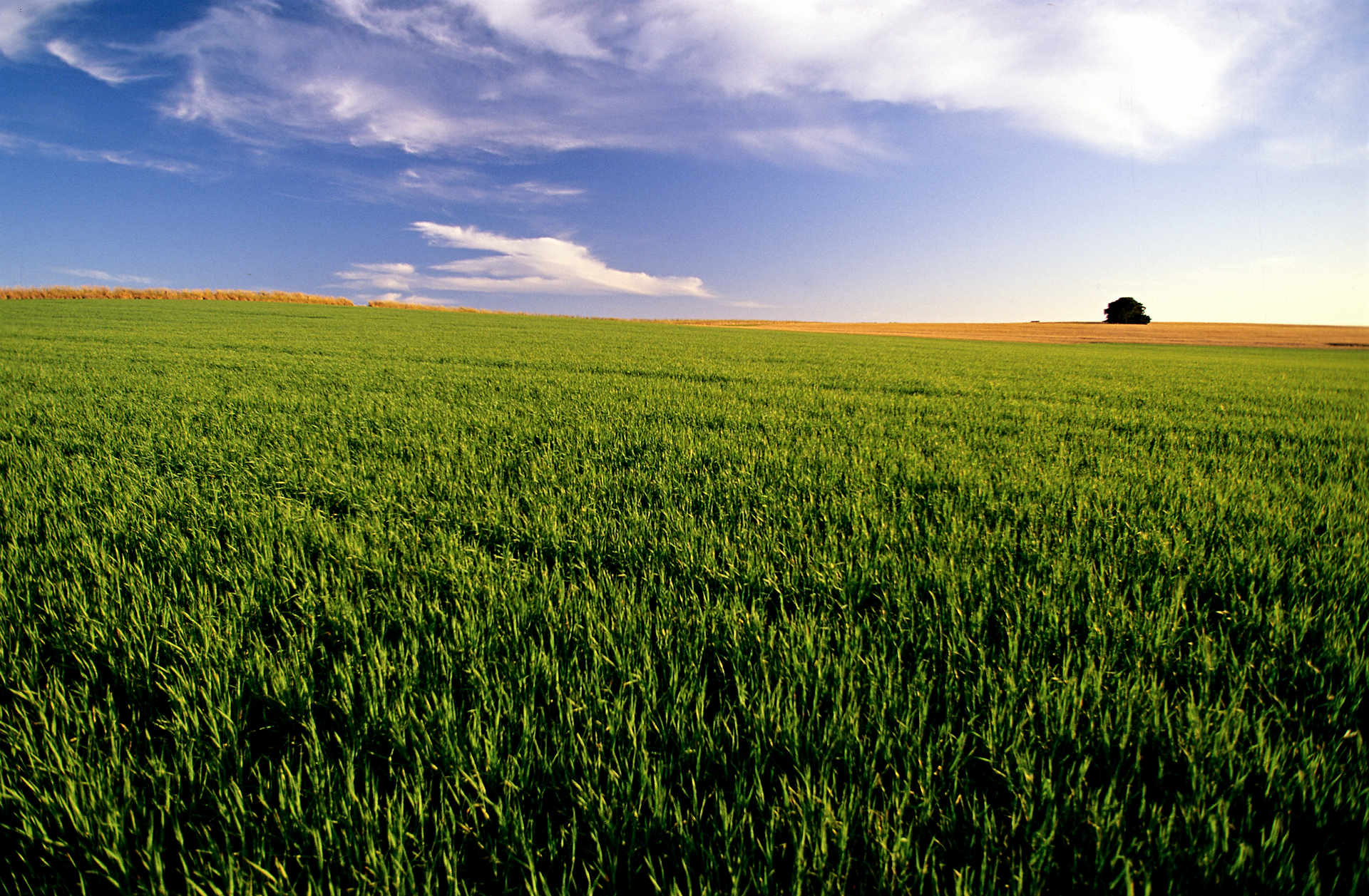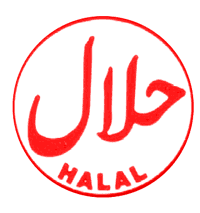

HELLERS
TASTY

Consumer awareness issues associated with halal certification
Muslims this days are more educated and are aware of the status of food consumed . The increase of awareness and also the Muslim population worldwide has therefore increased the demand for halal products resulting to creation of business opportunity for all food manufacturers, suppliers, producers and distributors locally and globally.
Halal food to Muslims according to their Islamic Law refers to food that does not contain swine or pork and it’s by products, alcohol, blood, certain types of animals and all kinds of meat that has not been slaughtered according to Islamic procedures. As such the term halal may be used for foods that are considered lawful under Islamic Law. Swine and it’s by products are strictly not allowed to be part of halal food, either as part of the ingredients, packaging materials or have close contact with the halal food. Only when the food is prepared according to the Shariah Law and processed in an Islamic manner, can it then be labeled as halal. Nevertheless, consumers that only go for goods or products that are halal are mostly concerned with issues of halal certification to be sure of what they are consuming and must conform with halal standards and procedures under the Islamic Law which must deal with issues associating with prohibited animals, prohibition of blood, the method of slaughtering/blessing, prohibition of carrion, and prohibition of intoxicants .
The halal standards and procedures definitions are not only confined to following Islamic rituals but also on cleanliness and quality control. The raw materials, intermediate goods, and al equipment used must also follow Shariah law and should comply with the requirements . The flow of the food production must be monitored and supervised by competent Muslim inspectors. Such processes that have followed halal standard and procedures are said to have halal accreditation.

Halal certification could be an effective tool in monitoring and supervising the halal production, which includes storing and transportation. Once the producers have followed the halal standard and procedures, the products produced could obtain halal certification issued by a government appointed body. The halal certificate could be obtained from Federation of Islamic Associations of New Zealand (FIANZ) and New Zealand Islamic Meat Management Limited (NZIMML) that happens to be two such organizations with the authority to certify products for export to Indonesia, Malaysia and many other countries.
Strategies introduced by international marketers to address consumer halal issues
One important strategy to be adopted by international marketers to address consumer awareness in relation to halal certification issues is to understand that consumers need assurance and international marketers are expected to meet the consumers’ requirement . One of the strategies to be adopted by the international marketers is to make sure they conform to all standards and procedures of FIANZ so as to enable them obtain halal certification basically to gain the assurance of the Indonesian consumers.
On the other hand, displaying an authorized halal logo from FIANZ on food packaging will be one of the ways to inform Indonesian consumers that the respective food producer had already obtained halal certification from authorized body. The logo displayed on the packaging was shown to influence them to purchase any processed food products .This is because halal certification is not only ensuring that the product is halal and shariah-compliant (Shahidan & Md Nor 2006), but also hygienic.